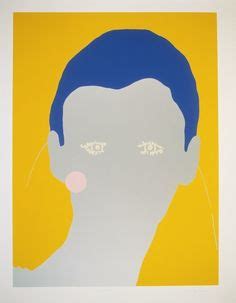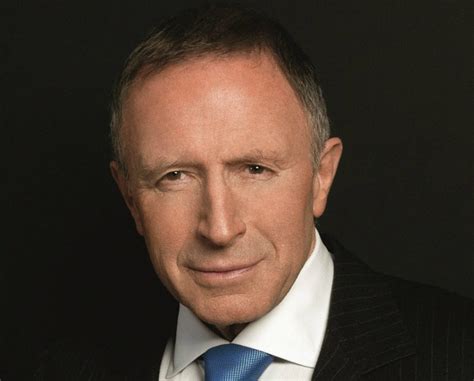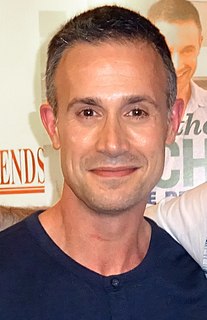A Quote by Peter Gleick
How would we feel if you could pay extra to smoke on airplanes? When we decide something is a bad idea in general for society, we don't want the rich to be able to buy their way out of it.
Related Quotes
When it’s all said and done, I want to be able to say I got the most out of my potential. I don’t want to look back, however many years from now, and say, ‘I wonder if I would have worked a little harder. I wonder if I would have done this or done that, how things would have turned out.’ I want to, when it’s all said and done, be able to put my head on my pillow and say, ‘I did everything I could do — good or bad.’
Don't try to buy art as an investment. Buy something you really love because you're going to have to look at it again tomorrow. And an investment can go up or down. Buy something you really adore, you really like, and you want to live with. And if you decide some years later you don't want to live with it anymore, sell it. Get out.
I studied Comparative Literature at Cornell. Structuralism was real big then. The idea of reading and writing as being this language game. There's a lot of appeal to that. It's nice to think of it as this playful kind of thing. But I think that another way to look at it is "Look, I just want to be sincere. I want to write something and make you feel something and maybe you will go out and do something." And it seems that the world is in such bad shape now that we don't have time to do nothing but language games. That's how it seems to me.
Love as much as you can from wherever you are. This line is especially good to recall when you feel frightened, crazy, or have taken some bad dope. Write it on the wall of your room. You may not want to love what you feel or see, you may not be able to convince yourself that you could love it at all. But just decide to love it. Say out loud that you love it, even if you don't believe it. And say, "I love myself for hating this."
There's the anti-intellectual movement in society and I don't blame them entirely for feeling that way because we all know people, I have many colleagues where you try to hang out with them and they make you feel bad for not knowing what they know. If that's how you interact with people, why would anyone want to be that.
I don't understand shopping, it doesn't make any sense to me. As guys, we decide we want something and then we go out and buy it. Women go to the store having no idea what they're going to buy, or what they're even doing, it's like a whole different sport. It's like going to a football game to maybe watch a game. I don't get it.
I don't feel bound by the ebbs and flows of musical trends, or what's happening with new music in general. I always had a fascination with that sound. It's a mixture of the idea that something could be going wrong along with the idea of bending constrained, Westernized music out of tune. But because I wasn't copying an idea, and it just came from somewhere inside me, it felt like a birth of something that most people didn't understand at the time.
My major concern about leaving enhancement to the marketplace is that then the rich will be able to buy themselves genetically superior children and the poor will not - sharpening the class divisions we have now. That problem could be overcome if, genetic enhancement were available to all, subsidized by the state - and that would, over time, have benefits for society as well.
I felt like if I could get the epiphany out of the way in my drafting process, through my eighth or tenth draft, then that can just be part of how I've assembled the character, and then we can move on and move forward with it. In general, I don't ever want to feel smarter than my characters, because I just feel like that's not a great way to write a story.
By using general consumption PPPs, the World Bank is, in effect, saying to the poor: "Sure, you cannot buy as much food as the dollar value we attribute to your income would buy in the United States. But then you can buy much more by way of services than you could buy with this PPP equivalent in the United States." But what consolation is this? The poor do not buy services - they are services, on their luckier days.




































